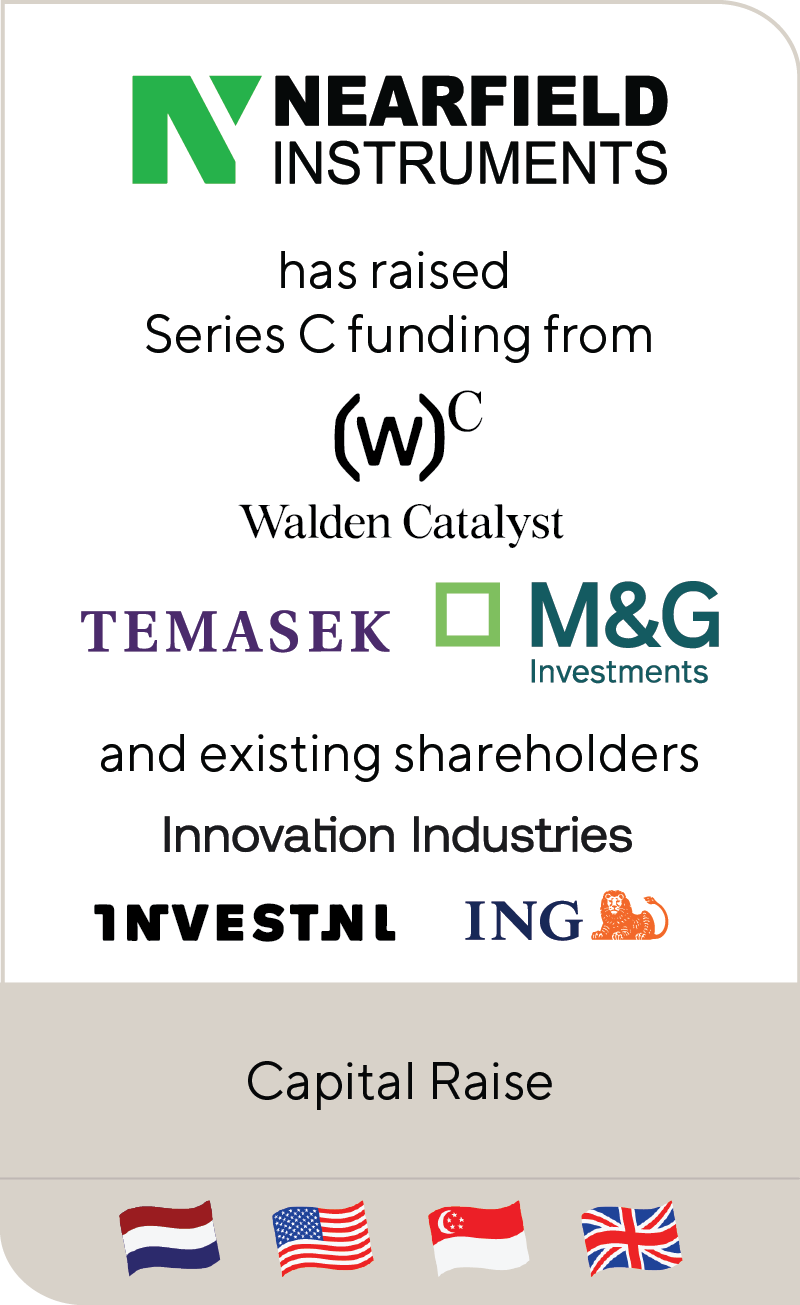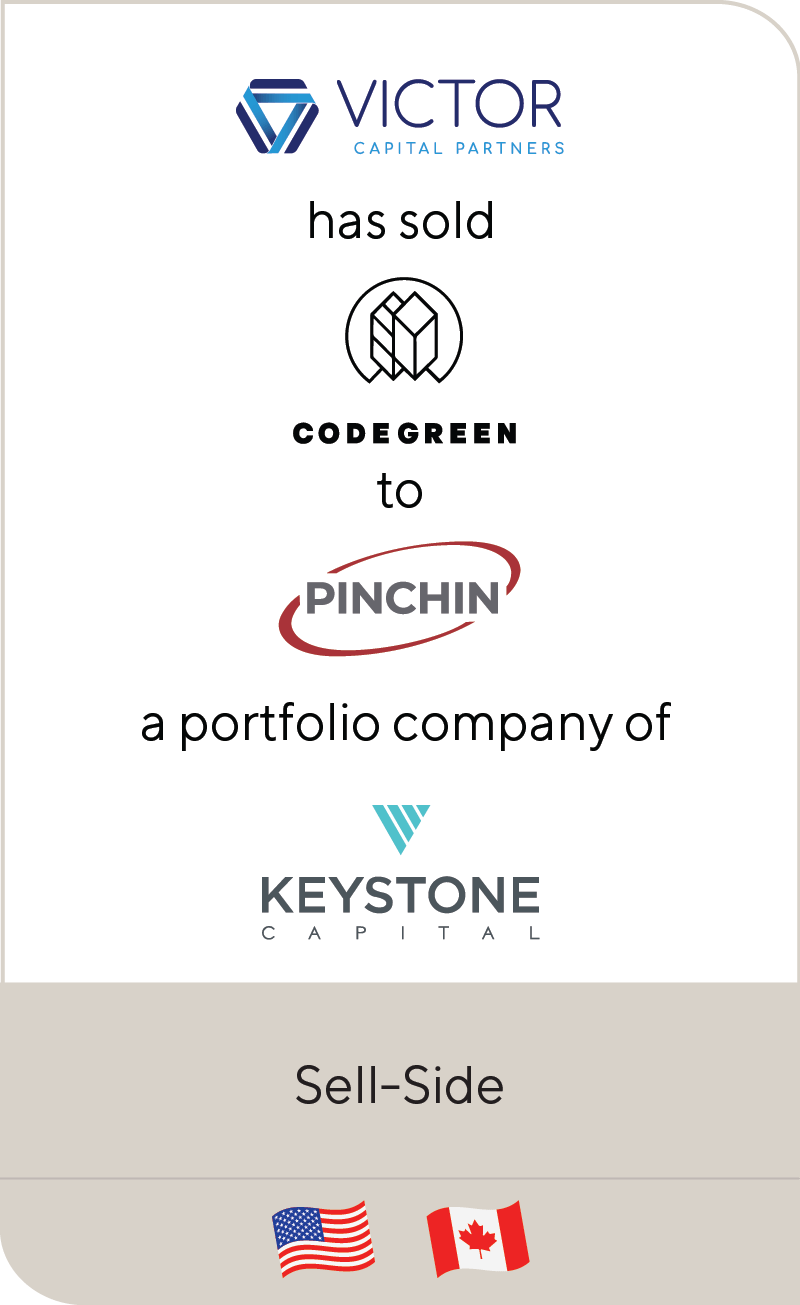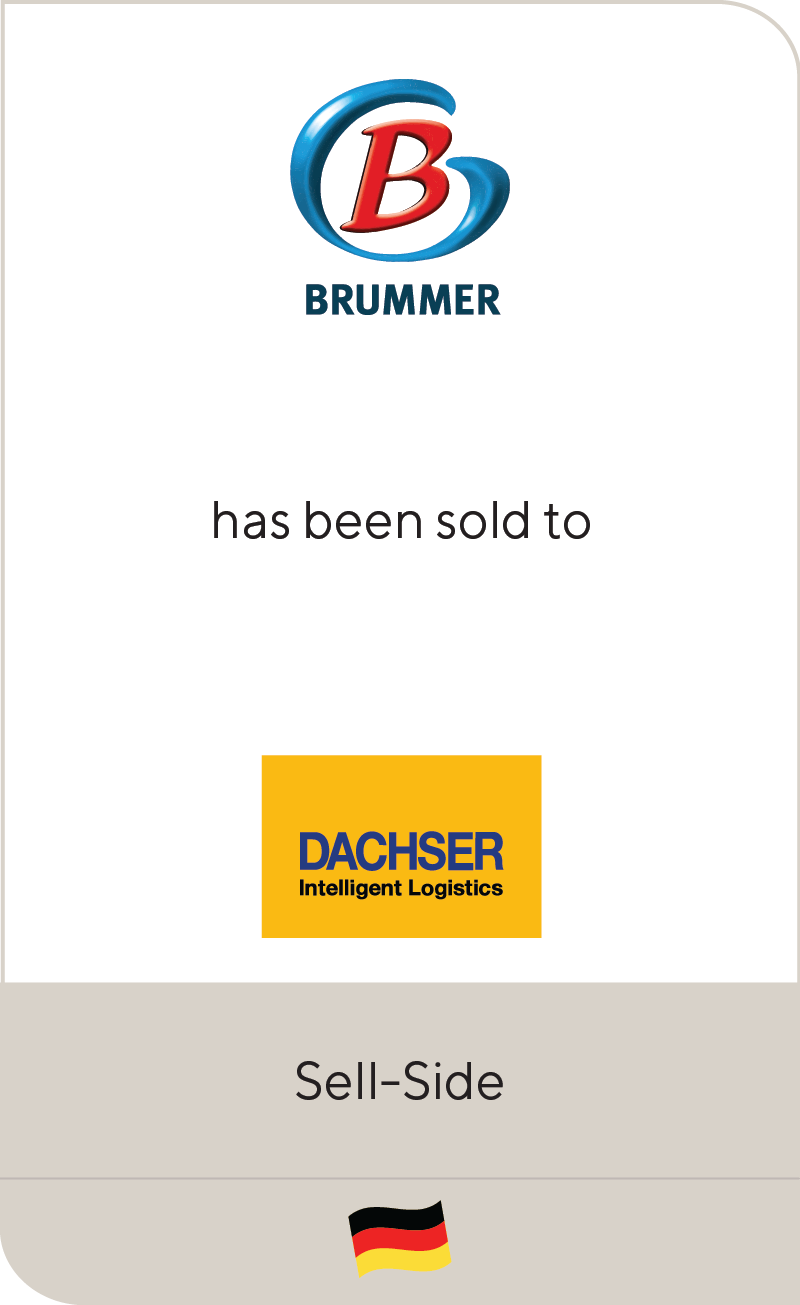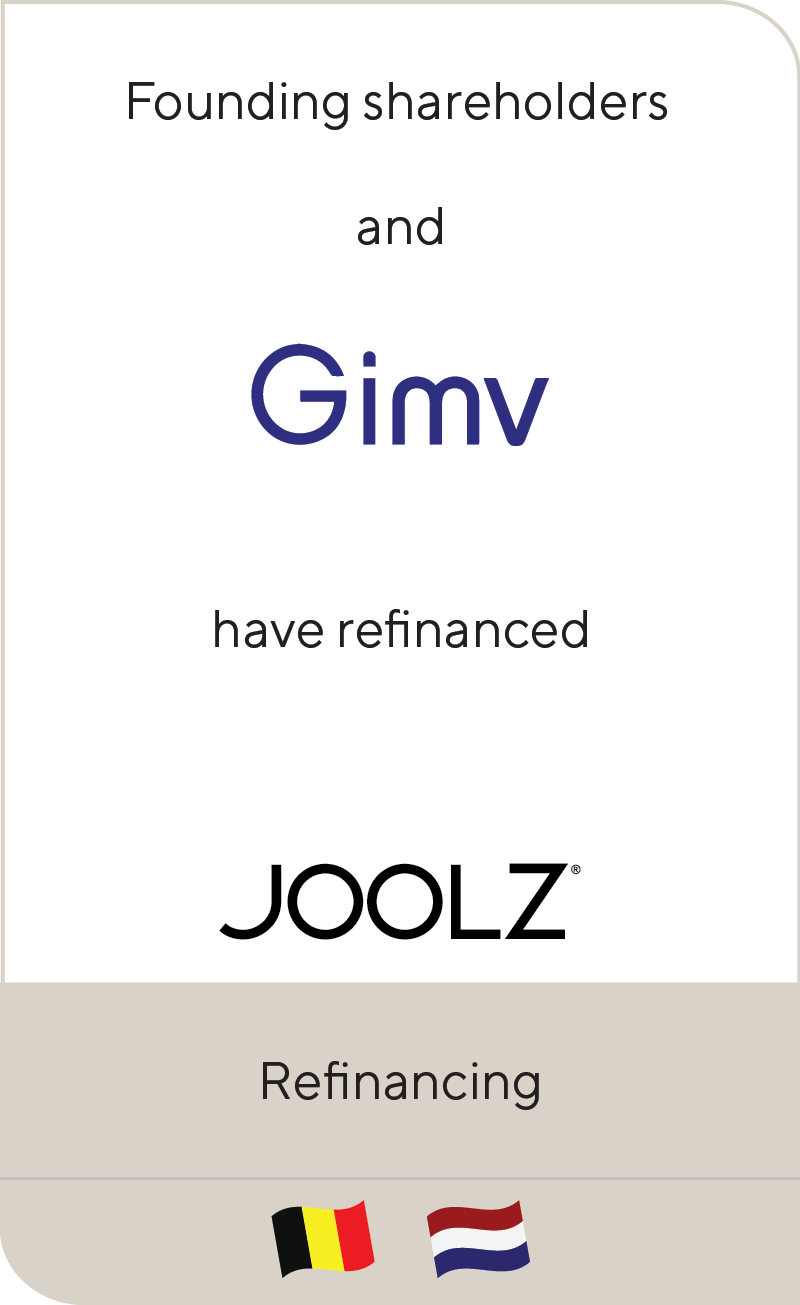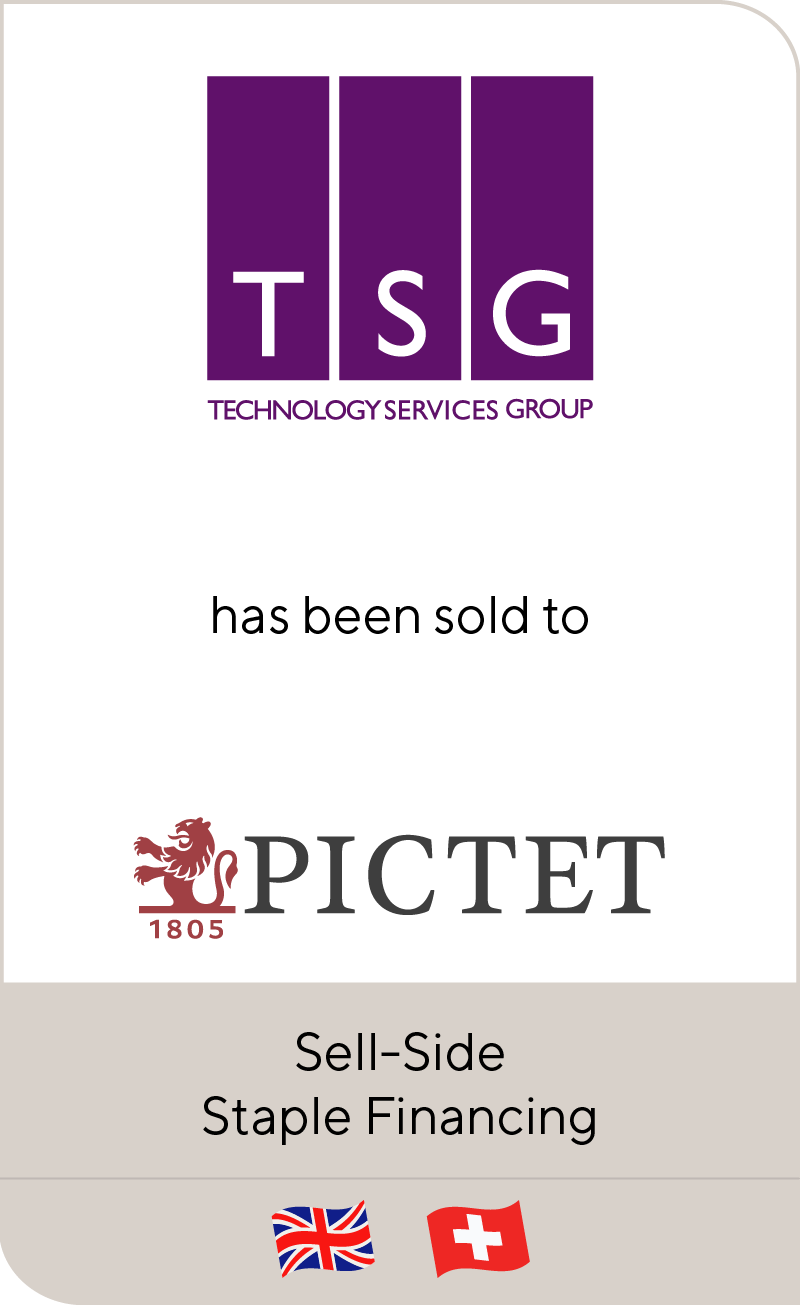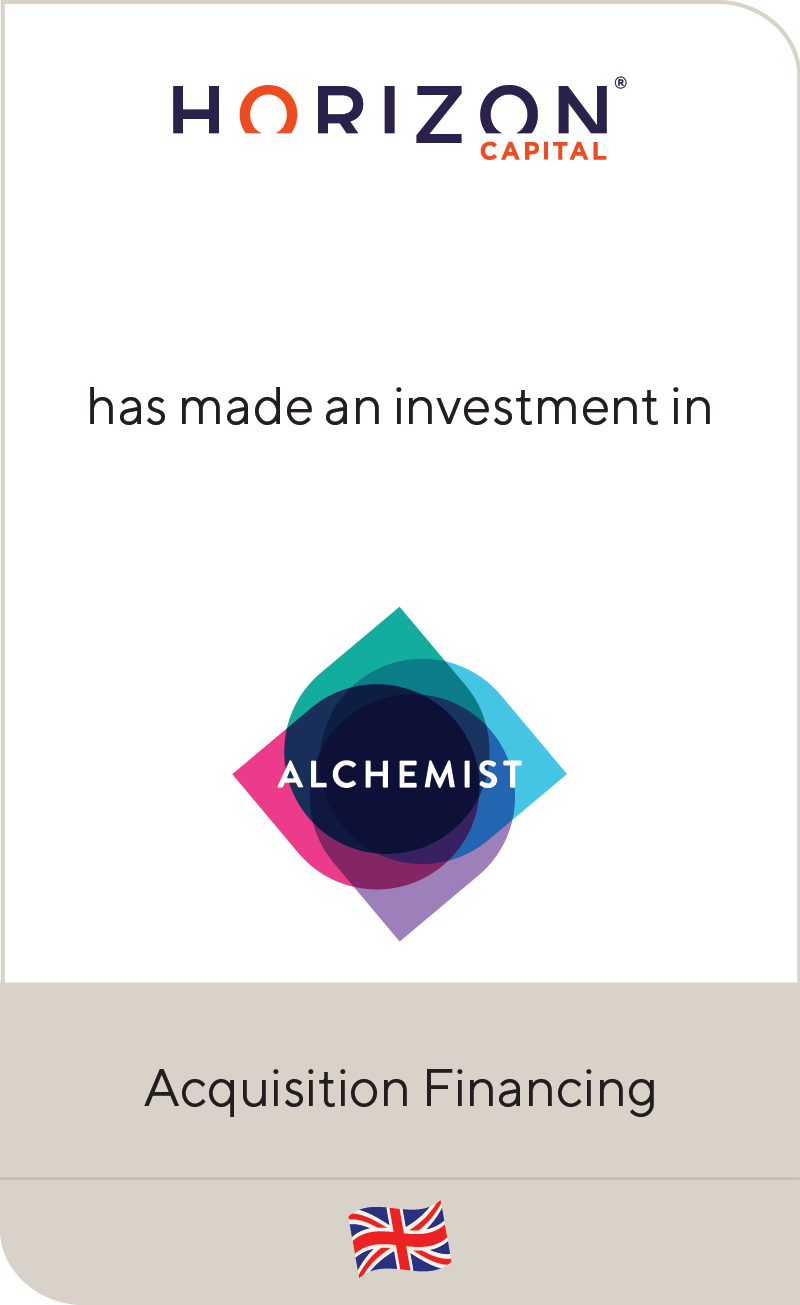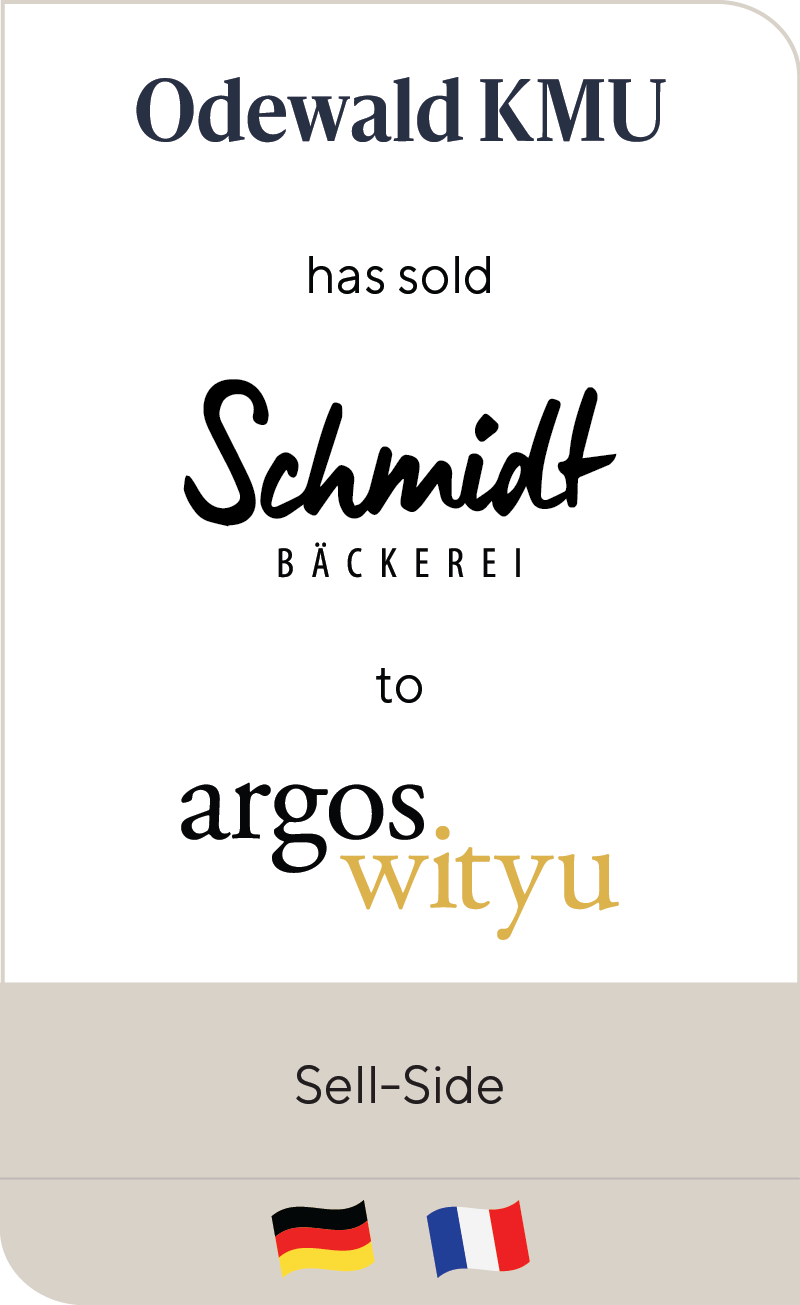Italy is Poised to Enter a Golden Era
Sep 2021
Italy is Entering a Nuovo Rinascimento—a New Renaissance
The first half of 2021 was defined by a morale-boosting Euro Cup win, record performance at the Olympic games and the start of business-savvy Prime Minister, Mario Draghi’s term.
While vastly different from the Renaissance that began in the 15th Century, both times Italian leaders and citizens needed to contend with the effects of a global health crisis and come together to successfully rebuild for the future.
Italy was one of the countries hit hardest by the ongoing COVID-19 pandemic, with over four million confirmed total cases and three separate waves of lockdown restrictions as of early August.
Summary
-
Dealmakers are operating in a once-in-a-lifetime Italian mergers and acquisitions market. Lincoln shares the considerations for investors looking to capitalize on Italy’s new Renaissance.
- Click here to download a printable version of this perspective.
- Sign up to receive Lincoln's perspectives
There is a light at the end of the tunnel. Early in his tenure, “Super Mario”, Draghi’s nickname, leveraged his expertise as former President of the European Central Bank (ECB) to secure a large portion of the European Union’s pandemic recovery-fund package, the Next Generation EU (NGEU). Italy is set to receive €205 billion, or 25.4% of the package’s total funds.1
Draghi’s commitment to obtain and dispense the recovery fund package is vital to Italy’s recovery. This is the largest package Italy received since the Marshall Plan at the end of World War II, and with Draghi at the helm the country is optimistic that his bullish approach will lay the groundwork for long-term growth.
As one of the 16 countries receiving funding from the NGEU, Italy will have vast resources, including a remarkable €191.5 billion from the Recovery & Resiliency Facility (RRF) to be deployed between 2021 and 2027. One of the key NGEU pillars, the RRF funds are composed of loans and grants. For Italy, €122.6 billion will be received as loans and €68.9 billion will be received as grants. For the grants, 70% of the funds have been confirmed and the remaining will be determined by June 30, 2022, based on GDP performance.2
The lion’s share of the RRF funds received by Italy is allocated to the green revolution (approximately 31% of total funds received), followed by digitalization (21%), education and research (16%), infrastructure (13%), social cohesion (11%) and health (8%). Italian companies (private, public and PE-backed) operating in those sectors will significantly benefit from the NGEU incentives.
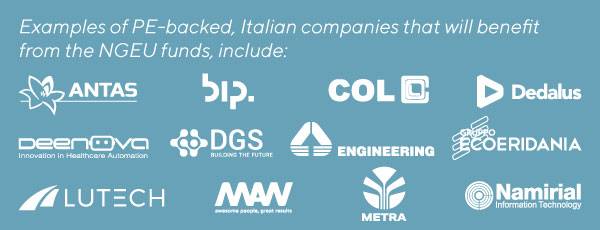
Recent Resurgence of M&A Activity
One month into Draghi’s term, mergers and acquisitions (M&A) activity in Italy was up 50%. The progress made from the same time last year—when the country was in the throes of COVID-19, speaks to the tenacity of the Italian people and the leadership of the Prime Minister.
Entrepreneurs and family-owned businesses historically gravitated towards domestic buyers. At the same time, international buyers interacted with Italian companies with less frequency. Often, when they did, it was because of their exposure abroad. This, combined with current national exposure, will continue to attract international investors.
Additionally, Southern European assets were previously less expensive than their Northern European counterparts. However, given the large influx of funds, this valuation gap will close as Italian businesses benefit from the recovery package and pique the interest of private equity investors.
Saverio Rondelli, CEO Italy at Lincoln International, shared that, “In the first half of 2021, 287 transactions closed in Italy, an increase of 29% over the same time last year. On the back of international investors’ renewed interest in the Italian market, transactions involving foreign buyers accounted for approximately 40% of the activity.”
“Strong M&A numbers are not surprising—now is the right time to invest in the country. Dealmakers are currently operating in a once-in-a-lifetime Italian market characterized by unprecedented economic stimuli, significant progress in the COVID-19 vaccine roll out, low-cost financing and record levels of private capital dry powder,” added Rondelli.
Lincoln Perspective
Lincoln International identified the following considerations for private equity investors looking to engage in the Italian market.
|
1 |
When in Rome-Before entering any market, understanding the culture is key. This is especially true in Italy where entrepreneurs and business owners previously engaged less often with international investors. Instead, they were more comfortable with domestic investors who understood their unique needs. Even in this virtual world, cognizance of culture and meeting in person is still valued. |
|
2 |
Finesse your financing-The Italian market is liquid and largely dominated by banks, but it is increasingly becoming more sophisticated. Private debt funds have entered the arena and are gaining momentum. They created increased competition amongst lenders. Investors should be open to the benefits and challenges of working with different lenders. For instance, private debt funds provide increased flexibility, albeit at a higher cost. It is worthwhile to create a competitive environment amongst the different clusters of lenders. |
|
3 |
Kick the tires-Prioritizing due diligence is critical. While a virtual environment has made items such as identifying management team compatibility and walking the plant floor more challenging, there are solutions to complete a due diligence process. |
|
4 |
Consumers’ revenge spending-The funds entering the country from the NGEU will not only directly benefit companies, but will also encourage consumer spending. Following months of lockdown, this so-called “revenge spending” stems from consumers deploying the savings they amassed during those months as restrictions ease and the country reopens. The relief that retail and direct-toconsumer businesses will feel from this spending is great and will also create strong investment opportunities. |
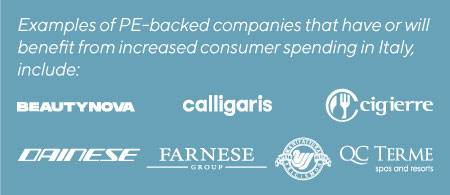
Contributors

I am passionate about this job and the beauty of succeeding in my country in supporting our clients to reach their goals.
Saverio Rondelli
Managing Director | CEO Italy
MilanMeet Professionals with Complementary Expertise

By linking my experience in debt advisory and mergers and acquisitions, I look forward to delivering flexible and innovative financing solutions to make an impact that matters with long-term target clients, as Lincoln does best.
Daniele Candiani
Managing Director & European Co-head of Capital Advisory
Milan
I am passionate about this job and the beauty of succeeding in my country in supporting our clients to reach their goals.
Saverio Rondelli
Managing Director | CEO Italy
MilanRelated Perspectives

Packaging Quarterly Review Q2 2024
Over the last several years, the packaging industry has undergone significant transformations driven by rapid advancements in technology. From the introduction of innovative materials and sustainable practices to automation and… Read More

Investors in Healthcare | Q&A with Lincoln Professionals
Originally posted by Investors in Healthcare on July 25, 2024. Lincoln International, the U.S.-headquartered global investment banking advisor, is a well-known name in the European healthcare markets, providing advice to… Read More

Industrials Strength: Acceleration in Global Industrials M&A
Lincoln Industrials closed 28 transactions globally thus far in 2024. Across our industrials offering – from aerospace and defense to mobility, engineered components to building products, and infrastructure to specialty… Read More

Facilities Services Market Update Q2 2024
After a series of declining quarters since 2021, Q2 2024 marks the third consecutive quarter of mergers and acquisitions (M&A) activity growth, with ~7,300 deals closed, according to S&P Global.… Read More








